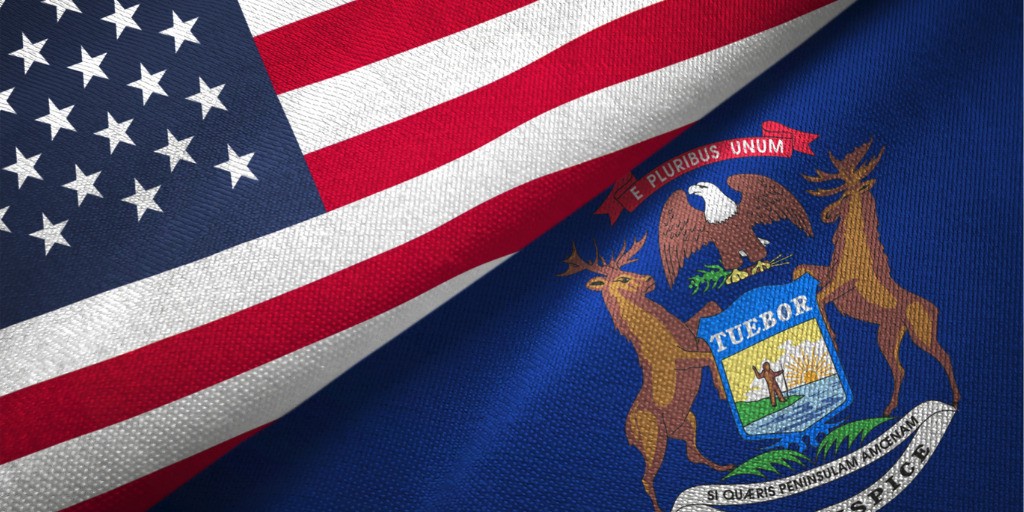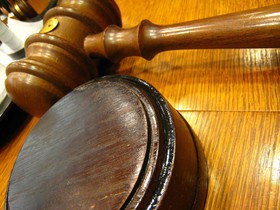Thanks to a new law in late October 2020, Michigan residents are allowed to request their names to be taken off the Michigan Disassociated Persons List. More than 500 have done so successfully according to recent statistics.
The numbers were revealed in the first gathering of the Michigan Gaming Control Board under the charge of its new executive director Henry Williams.
Mandated by Michigan law back in 1996, the MGCB and Detroit’s commercial casinos developed the Disassociated Persons List (DPL) as part of their efforts towards responsible gambling. Michigan residents can voluntarily commit never to visit a Detroit casino in their lifetime. However, that threshold was deemed too harsh and gamblers can request to be taken off the list if they meet specific requirements.
This is possible due to a law change, as Public Act 225 went into effect last year. People on the self-exclusionary list can request to be removed if they have been on it for at least five years. During the last MCGB board meeting, Williams confirmed that 625 applications were received until the end of May 2021.
Out of these 625 applications, 541 requests were granted until the end of May which includes 196 women and 345 men. During the eligible period in 2020, 116 DPL applications were granted. During the first five months of the new year, this number has increased to 425 already as more than 500 successful requests have been surpassed.
This represents a significant portion of the entire established DPL database, which contains 4,885 Michiganders as of June 1, 2021. It equals 11.2% of those on the list who took advantage of the new law so far in order to remove their lifetime ban.
According to Williams, five of those that were successfully removed have since requested to be put back on. Another 28 requests were denied as they didn’t meet all requirements. All the remaining applications are currently under review by the MGCB.
Individuals on the DPL that violate their commitment can be charged with criminal trespassing. This is punishable with imprisonment for no more than a year, a fine of no more than $1,000, or both according to Michigan law.
The lifetime pledge of not entering brick-and-mortar casinos may have previously deterred gamblers to join the DPL, responsible gambling advocates suggested. Among them was Michael Burke, executive director of the Michigan Association on Problem Gambling.
Michigan was among the states that recently allowed online gambling for sports betting, casino games, and online poker. The Wolverine State enjoyed a successful start and rose to the top of the online poker traffic in regulated US states. As part of the new regulation, another self-exclusionary tool has become available: The Responsible Gambling Database.
It allows Michigan residents the self-exclusion from online gambling accounts for one or five years, the latter of which coincides with the time frame that has to pass in order to request the removal from the DPL. Both programs run independently from each other and operators may also have additional measures of their own in place.
During the last MGCB meeting, spokesperson Mary Kay Bean said that only 12 Michigan residents have applied for the new Responsible Gambling Database so far. Of those, nine are also on the DPL as well while the other three applications contained incomplete information.
Under the guidance of former social worker Williams, the task of the MCGB will be to further sophisticate the programs and measures to help problem gamblers.
The Michigan Problem Gambling Hotline is available at 1-800-270-7117. Residents wishing to join the Michigan Disassociated Persons List can call 1-888-223-3044.




